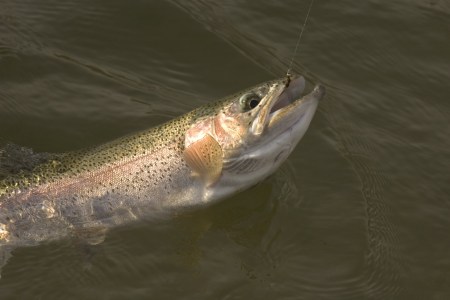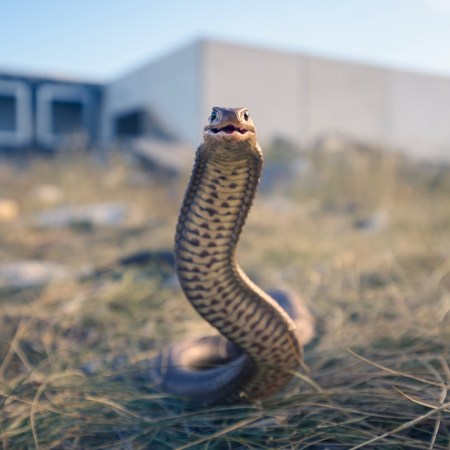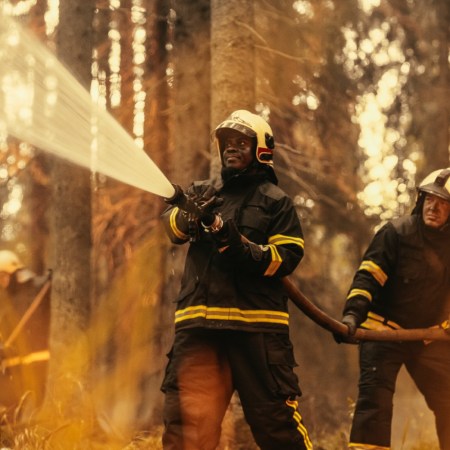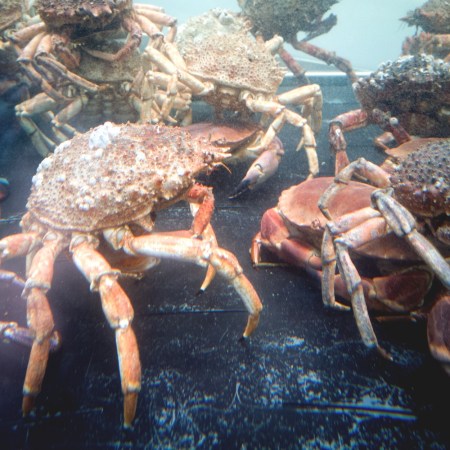As you might recall from your middle school science classes, cold-blooded animals like reptiles need the help of the environment around them to stay warm. It’s one of the reasons why you see lizards basking in the sun, and why snakes engage in brunation (a kind of hibernation) in the winter. That’s just within a given part of the world, though; what does it mean for reptiles to exist in a steadily warming planet?
In the case of crocodiles, climate change can translate into changes in their overall behavior. A study published earlier this month in Current Biology tracks the ways shifts in temperature have altered the daily routines of saltwater crocodiles. The scientists behind the paper found that, as outdoor temperatures rose, “crocodiles experienced more days close to critical thermal limits” — and thus they spent less time diving and more time cooling off.
“Lab research found that [crocodiles] just couldn’t hold their breath for as long,” the study’s lead author, Kaitlin Barham, told Live Science. “It would take them a bit longer to recover at the surface.” This was a result of higher temperatures increasing the crocodiles’ metabolism, which means that their bodies use more oxygen.
As Barham explained, the wider effects on crocodile populations could come as a result of the increased time they dedicate to lowering their bodies’ temperatures. The fact that crocodiles are not “traveling, reproducing or looking for food” during this time suggests that their could be greater consequences for them.
Climate Change is Affecting the Art of Trout Fishing
Trout’s preferred habitats are shrinkingCrocodiles aren’t the only reptiles feeling the effects of climate change. A study published in Scientific Reports in 2023 chronicled what happened to lizards facing their upper limits in terms of environmental temperatures, and scientists at the University of Toledo found that desert lizards in Utah have altered their basking approach as the climate grew warmer. It’s an area of study that’s likely to continue as temperatures keep rising.
This article appeared in an InsideHook newsletter. Sign up for free to get more on travel, wellness, style, drinking, and culture.



















